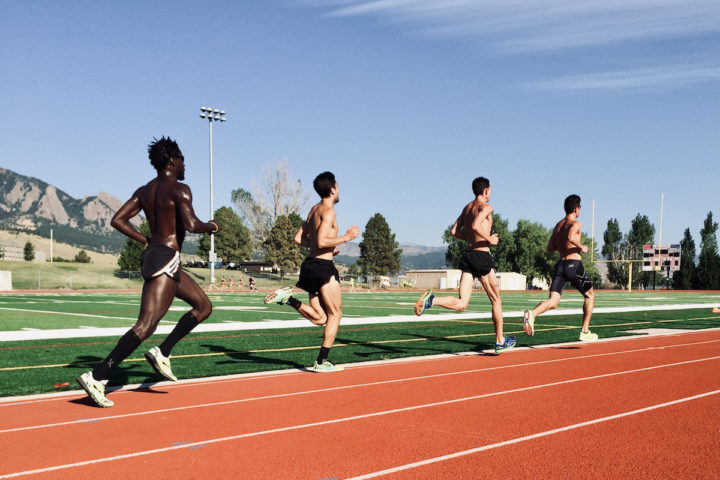Episode 248: Devin Kelly on His New Novel, Exploring His Obsessions, and Committing to a Daily Practice
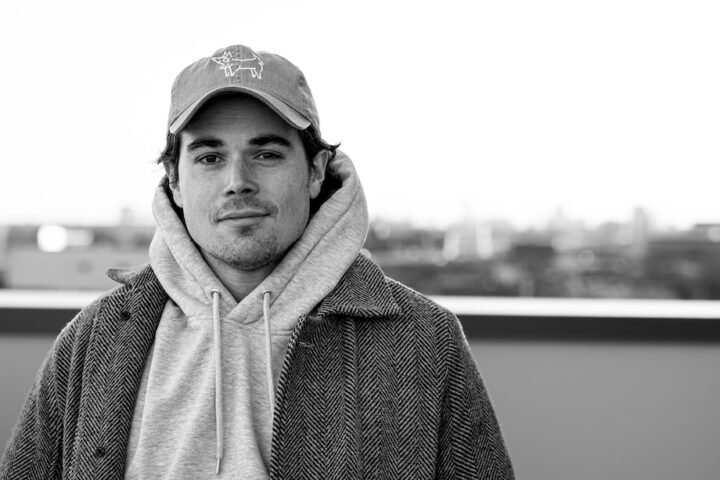

In this episode Simon Freeman and Mario Fraioli discuss when to push and when to pull back in training, business, and life.
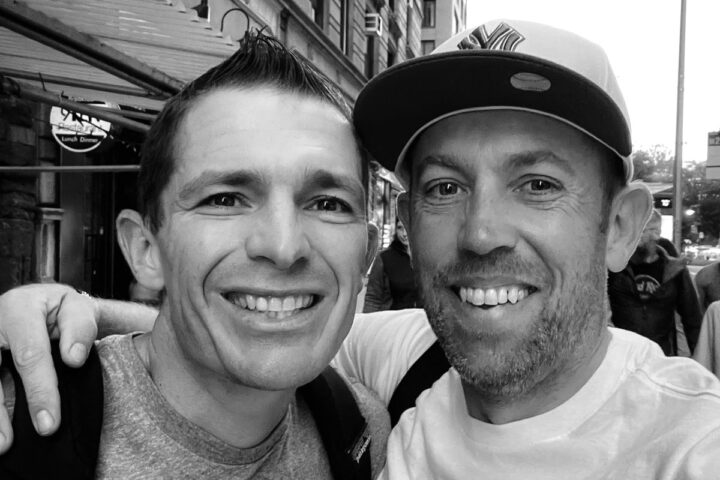
In this episode Simon Freeman and Mario Fraioli discuss the importance of surrounding yourself with good people in running, business, and life.

This week on the podcast I sit down with my right-hand man Chris Douglas to discuss the history of the morning shakeout email newsletter, which just celebrated its 500th issue. It's been published every Tuesday since November 17, 2015.
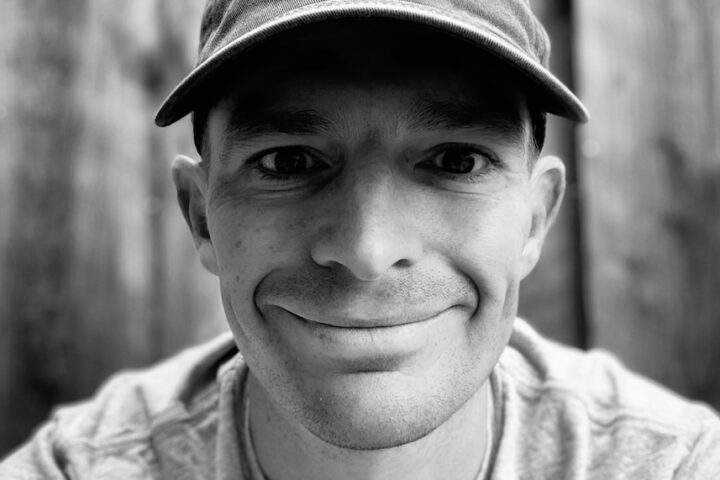
In this episode Simon Freeman and I discuss the idea of "peak running," the growing hype around events and event weekends, fundamentals over fads in training, why chasing optimization if a fool's errand, and a lot more.

This week on the podcast I sit down with my right-hand man Chris Douglas and answer reader and listener questions about dream podcast guests, training ideas I have and haven’t changed my mind about, the impact of AI on coaching, best mindset practices for training and racing, and a lot more. There’s even a good rant from me on running while sick/injured that I hope folks will appreciate and take to heart.
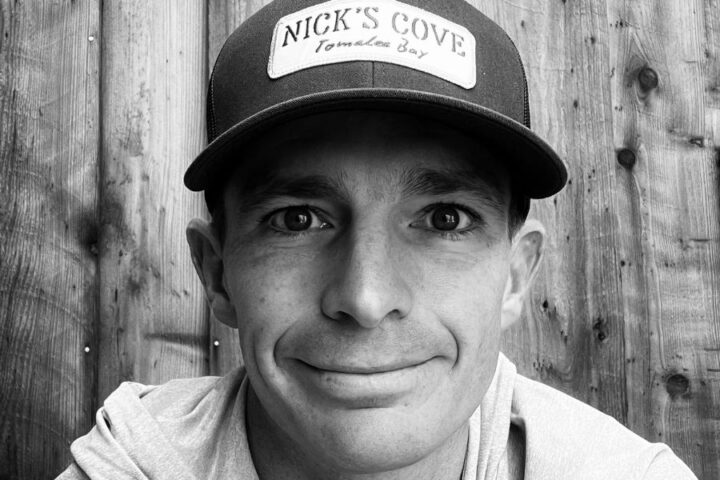
The Mona Fartlek can also serve as a good 20-minute benchmark session every 4-6 weeks by simply comparing your total distance and overall average pace (and heart rate and power, if you’re into those sorts of things) from one attempt to the next. What I love about this session is that it’s efficient and versatile: it can be done anywhere and you can make it as hard or an easy as you need/want it to be.
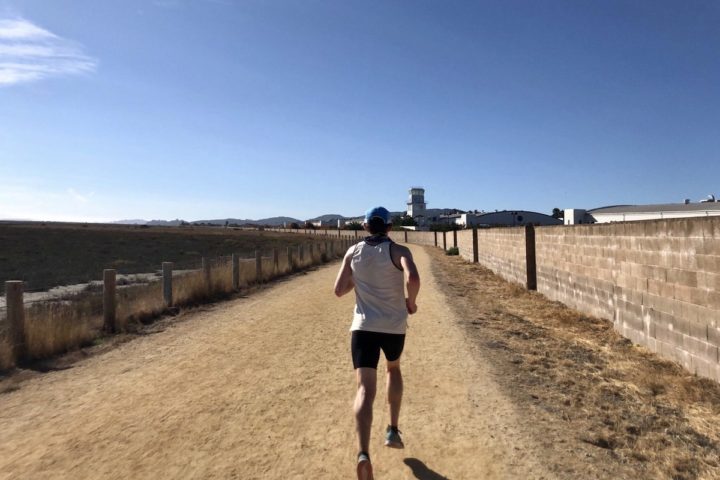
We're in the midst of marathon season which means the long run takes on an extra level of importance if you're training to race 26.2 miles. The 3 x 3 Cutdown is one of my favorite go-to long runs to help develop the specific fitness and skills necessary to succeed on race day. Here are the details:
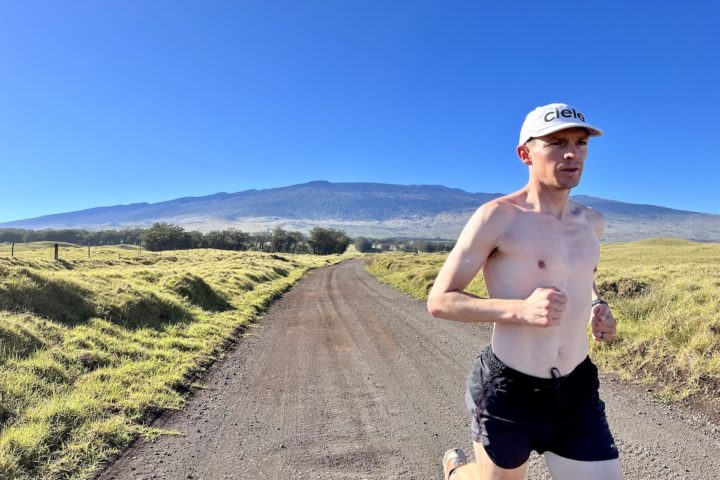
One-mile repeats are a bread-and-butter session for distance runners prepping to race 5K, the marathon, or anything in between. Every once in a while I like to mix up the intensity and recovery a bit to work on both stamina and speed while also keeping my athletes more engaged throughout the workout.
